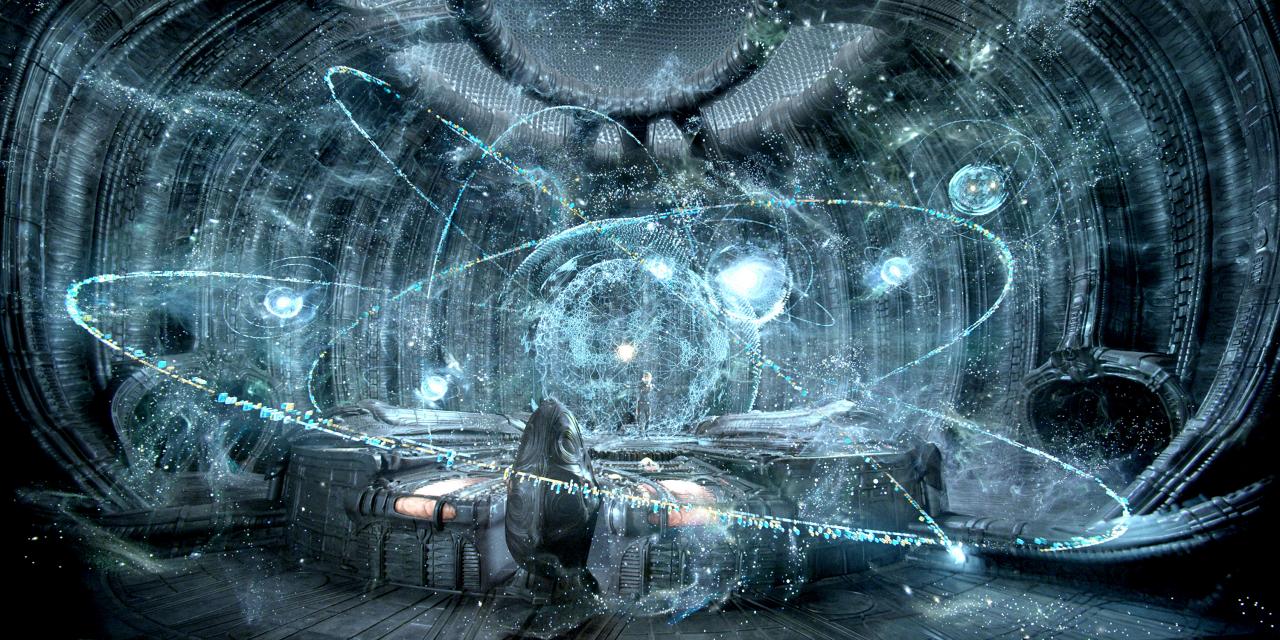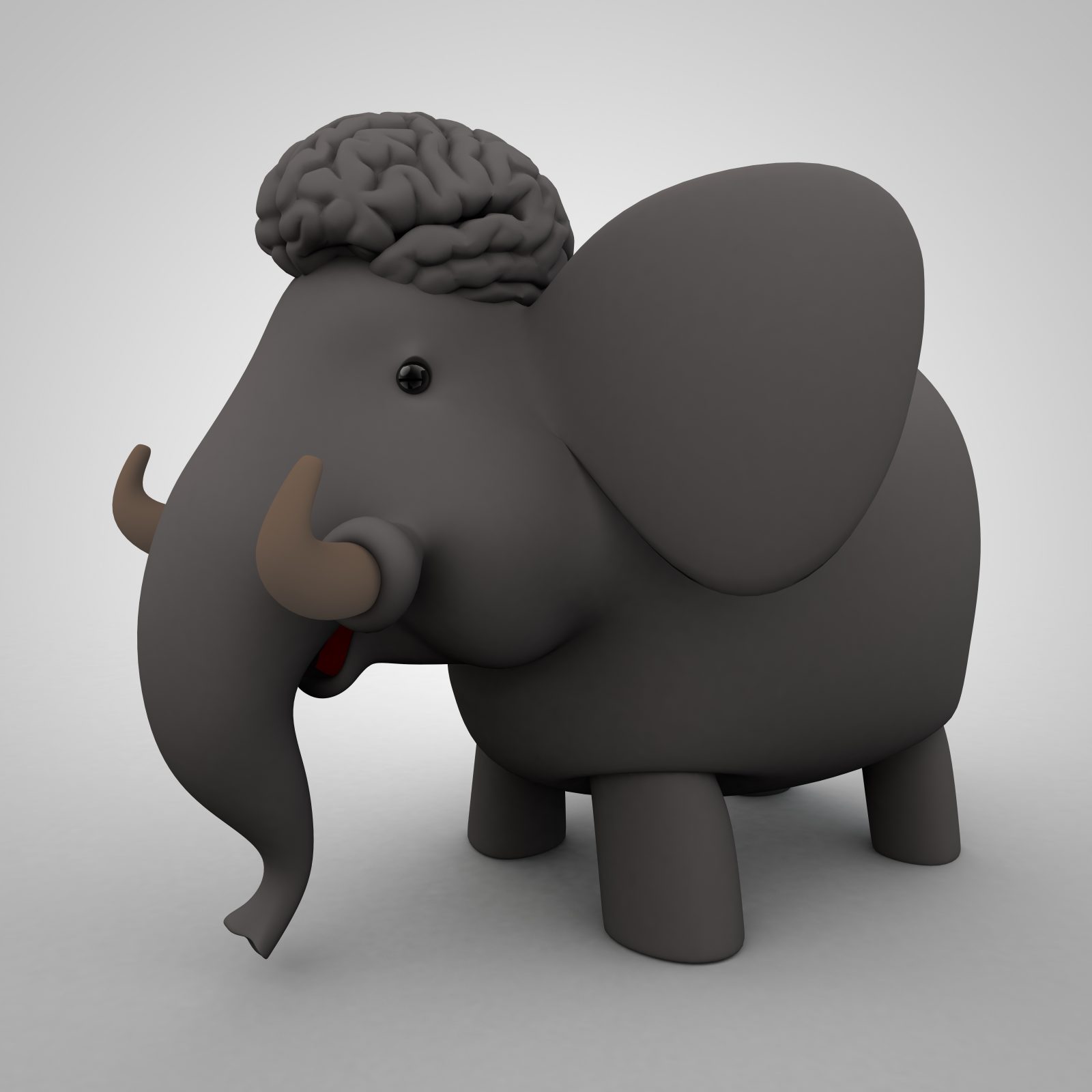
Intelligent Design in Prometheus
On this episode of ID the Future, David Boze discusses the intelligent design undertones in Prometheus that have many critics riled up. Prometheus, the long-awaited prequel to the classic sci-fi horror film Alien, entertains the idea of the creation of life by questioning the origin of complex information. While the film primarily aims to provide horror thrills and rushes of adrenaline, Prometheus also raises important philosophical and scientific questions about who we are and why we’re here. Warning: this podcast contains a few spoilers, but nothing you couldn’t have gathered from the trailers, clips, and commercials about the film.

